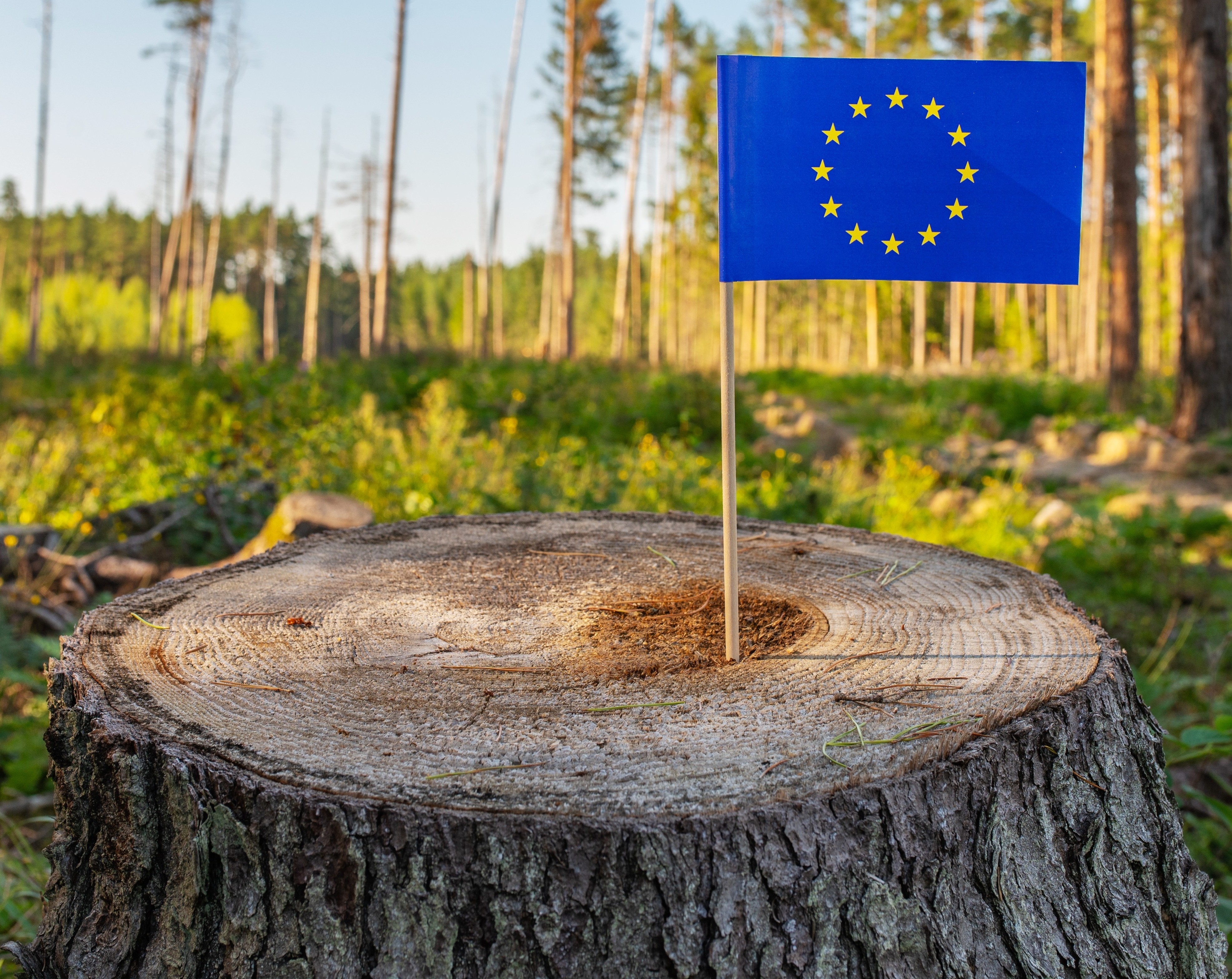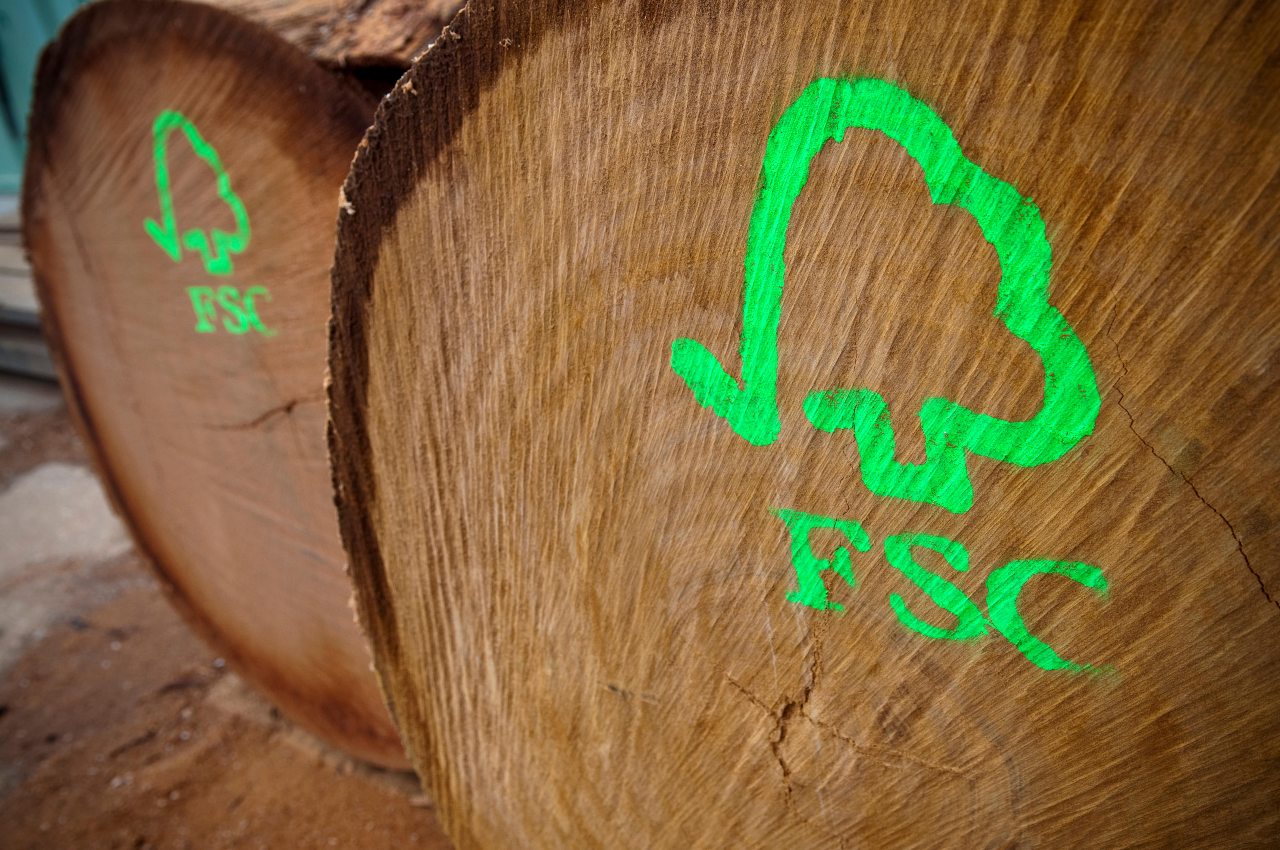
Indonesia is the world's largest producer of palm oil.
Indonesia’s recent “reform” of its palm oil sustainability certification scheme has been criticised for threatening forests and human rights – just as major export markets seek to better protect them.
In March Indonesian President Joko Widodo issued a new regulation on the Indonesian Sustainable Palm Oil (ISPO) certification scheme that environmental and rights campaigners say weakens forest and right protections.
The move was the result of a process to reform the ISPO that began in 2016 to address challenges and demands, including a lack of accountability and transparency, as well as unclear sustainability criteria and weak enforcement.
According to Siobhan Pearce, forests campaigner at the Environmental Investigation Agency (EIA), not only does the new regulation fail to address these issues, but it also “looks to be primarily a means to weaken the standards, threatening both forests and human rights.”
The presidential regulation (Peraturan Presiden Nomor 44/2020 tentang Sistem Sertifikasi Perkebunan Sawit Berkelanjutan Indonesia) was enacted on 16 March, giving the government 30 days to issue the necessary ‘implementing regulation’ to operationalise the new rules.
In a written piece on EIA’s website, Pearce argued that the “abrupt timescale” of the publication of the implementing regulation did not allow time for stakeholder input.
Civil society demands for the strengthening of the ISPO – through the inclusion of human rights principles, high standards for palm oil traceability, and an independent monitoring system – “have been thrown out of the window”, according to EIA. In addition, a principle to protect primary forests and peatlands that had been part of draft ISPO revisions was also discarded.
Pearce criticised the lack of transparency and openness in the process of drawing up the new regulation. According to the campaigner, a “national consultation which had been promised has never occurred.”
There are concerns that the April implementing regulation will worsen deforestation linked to palm oil production in Indonesia.
“The President’s new regulation doesn’t seem to achieve anything much except for binning the principle on forest protection,” Pearce wrote.
Pearce sees the move as part of a broader trend of deregulation in Indonesia, which includes the weakening of timber legality rules in March and potential new legislation that would scrap the need for environmental impact assessments. The weakening of the SVLK is the latest controversy to strike the once much-vaunted timber legality scheme.
Among other things, the ISPO reform aimed at improving the acceptance and competitiveness of Indonesian palm oil in international markets. However, the EIA campaigner argued that the recent developments were “enormously disappointing” and said that “this regressive move will not assure international buyers.”
EIA called on the Indonesian government to review the process and include in the implementing regulation “provisions to protect natural forests, peatlands and human rights.”
ISPO has been in place since 2011 and is meant to improve the environmental sustainability in the management and development of oil palm plantations in Indonesia, thus securing a strong position for the country’s palm oil in global markets.
ISPO has been widely criticised for having less strict standards than its global equivalent, the Roundtable on Sustainable Palm Oil (RSPO). Despite this, the scheme remains the major plank of Indonesia’s global palm oil trade diplomacy efforts – at a time when the EU is committed to considering legal measures to prevent products being placed on the EU market that drive or are produced as a consequence of deforestation.

President Joko Widodo's new regulations on palm oil described as “enormously disappointing” by campaigners.
Palm oil and the ISPO have repeatedly risen their heads as major stumbling blocks in ongoing EU-Indonesia negotiations on a Comprehensive Economic Partnership Agreement (CEPA) trade deal.
Indonesia has put forward language in CEPA chapters on Sustainable Development providing for ISPO certified palm oil to be sufficient for vegetable oil trade between the two parties.
The European Commission's acceptance of such terms would effectively force EU citizens to consume anything Indonesia produces, however destructively produced, despite its commitments on deforestation and overwhelming public support to eliminate it from EU markets through binding law.
Indonesian officials, including the President Joko Widodo, have ramped up increasingly robust rhetoric, describing EU concerns over the commodity as part of a “trade war”. EU officials have denied such characterisations, saying that its palm oil policies abide by World Trade Organisation rules.
Earthsight’s investigative series Indonesia for Sale, produced in partnership with Mongabay, has revealed the corruption and murky deals underpinning Indonesia’s land rights and deforestation crises.
The series reported on specific deals in Papua, constituting the biggest palm oil development in the world, that saw local people’s land expropriated for plantations by politically exposed persons with ownership hidden in secrecy jurisdictions – apparently in violation of a landmark 2018 law requiring transparency in corporate beneficial ownership.
In late 2019 local officials alleged the development was founded on fake permits – an allegation Indonesia’s government has yet to adjudicate or resolve.



